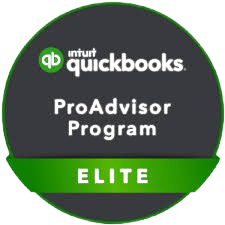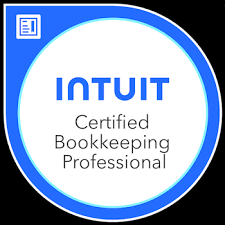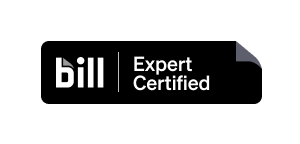Documents needed to file your return:
What you'll need
Keep the documents and tax forms you need to file your taxes in one place. This way, you can prepare an accurate return, claim deductions or credits and avoid errors that could delay your refund.
Personal information
Bank account and routing numbers to get a refund by direct deposit or pay taxes you owe
Your adjusted gross income (AGI) and exact refund amount from last year’s tax return, if you filed.
Your name on record with the Social Security Administration (SSA) — notify SSA if you changed your name
Your current address — notify the IRS if you changed your address
If you e-filed last year, your self-select PIN
Your IP PIN if you received one from the IRS
Forms W-2, 1099 or other information returns
People or organizations that paid you during the year are required to report the payments to the IRS on an information return. They must file these forms with the IRS and send a copy to you. You should get them electronically or by mail in January or February.
These forms report income you received during the year:
Forms W-2 or a corrected W-2 show your wages from employers.
Forms 1099 show other types of income. The most common are:
Form 1099-K for payments from payment cards and online marketplaces
Form 1099-G for government payments such as unemployment benefits
Form 1099-INT from banks and brokers showing interest you received
Form 1099-DIV for dividends and distributions paid to you
Form 1099-NEC for freelance and independent contractor work in the gig economy
Form SSA-1099 for Social Security benefits
Form 1099-MISC for other miscellaneous income
Form 1095-A, Health Insurance Marketplace Statement, lets you reconcile advance payments or claims
Records of digital asset transactions if you did not receive an information return for those
Documents for credits or deductions
Childcare or dependent care expenses
Home mortgage and property tax records (if you itemize your deductions)
Donations to charity (if you itemize your deductions)
Health savings account or flexible spending account contributions
Healthcare expenses (if you itemize. Special rules apply)
Retirement contributions
If you're a student or teacher, receipts for books, tuition and other education expenses
Documents from side jobs and self-employment
Statements from banks, payment apps, card processors or online marketplaces
Checks paid to you
Receipts and mileage logs for travel, gift and car expenses
Records of deductible office expenses
Estimated tax payments
Other business income and expense records





